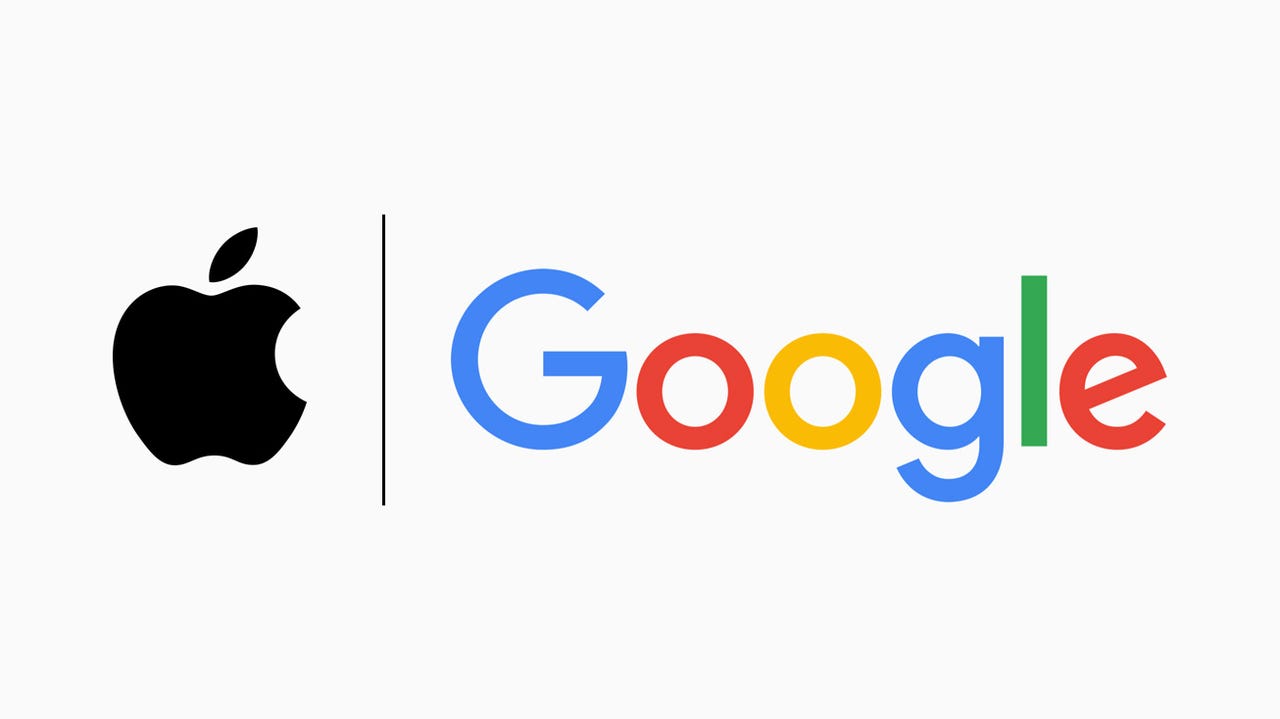Apple and Google team up to put an end to AirTag stalking

Bluetooth tracking devices such as Apple's AirTags are incredibly useful when it comes to tracking down lost luggage, keys or even stolen cars. But the success stories are often overshadowed by the fact that the trackers can be used to unknowingly stalk and track people.
Also: How to find out if an AirTag is tracking you
Apple has built software features into its own products to notify iPhone users when an unknown AirTag is detected as traveling with them. The iPhone maker even released an Android app for Android users to scan for nearby AirTags — but that requires Android users to proactively scan; it's not automated.
On Tuesday, Apple and Google announced the tech giants have partnered to create a Bluetooth specification for trackers that will allow the devices to send alerts of unwanted nearby trackers to both iOS and Android devices.
Also: How to build a custom AirTag (that Apple doesn't want you to have)
Google is rumored to be working on an AirTag-like product of its own, which we could possibly see make its debut as soon as next week at Google I/O.
Apple isn't the only tech company with a Bluetooth tracking product, and as such, Samsung, Tile, Chipolo, Eufy Security, and Pebblebee have all “expressed support for the draft specification” according to the press release.
The specification outlines what the makers of tracking devices would need to do to enable the alerts across both platforms.
Also: 7 ways AirTags can simplify your life
It's a welcome first step in solving a scary problem, but there's still some work to be done. The specification was submitted as an “Internet-Draft via the Internet Engineering Task Force (IETF).”
From here, companies can review the finer details of the proposed specification and submit comments. After the comment period, Google and Apple will review and implement any changes before releasing the specification in a future version of Android and iOS.
According to Apple, the update is currently expected to launch by the end of 2023.

